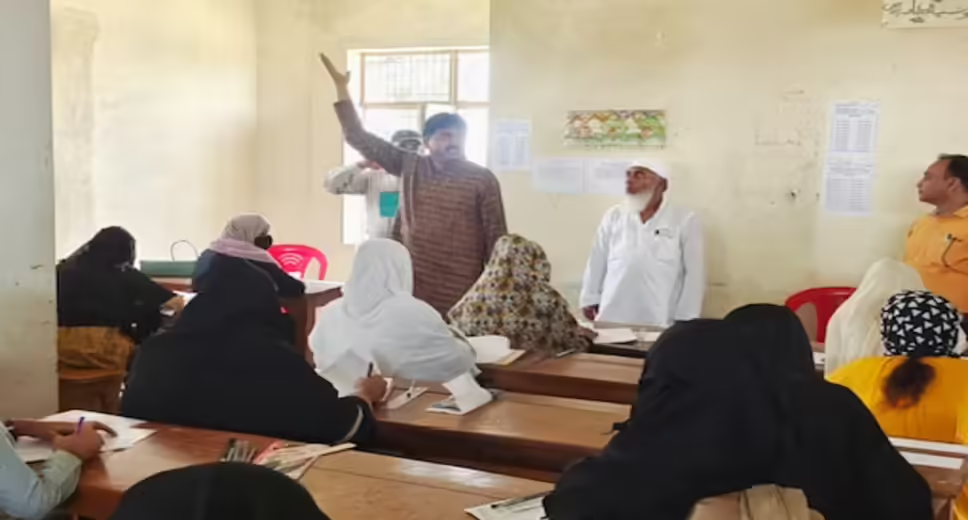Deoband Bans Students from Attending Coaching Classes on the Side

Darul Uloom Deoband, a renowned Islamic seminary, has implemented a ban on its students from pursuing external courses, such as English, offered by other institutions. The decision was made to ensure that the students' education at the seminary remains unaffected, as pursuing additional courses outside was found to be detrimental. It is important to note that Darul Uloom Deoband has its own English department.
The recent order issued by the seminary's education department specifically mentions English, implying that it might be a popular choice among students as an extracurricular course. The order, communicated in Urdu, explicitly states that no other courses, including English, are permissible while studying at Darul Uloom Deoband. Additionally, the order warns students against staying in their rooms during class hours, as room inspections will be conducted by the administration.
Maulana Abdul Qasim Nomani, the institution's chief executive, clarified that certain media reports had misinterpreted the order. He emphasized that English studies have not been banned at Darul Uloom Deoband, as the seminary has a dedicated English department for its students. The ban primarily targets students who enroll at the seminary but choose to study English or other subjects at coaching centers in the city instead. Such actions compromise their education at Darul Uloom Deoband. Maulana Arshad Madani, the principal of the institution and leader of Jamiat Ulama-e-Hind, stated that Darul Uloom Deoband does not oppose modern education in English or computers.
The seminary has separate departments to cater to these subjects. He further explained that the ban was imposed to discourage students from seeking coaching outside the seminary after being admitted, which is deemed inappropriate. This ban also extends to students engaging in businesses outside, such as running tea stalls, after enrolling at the madrasa.
